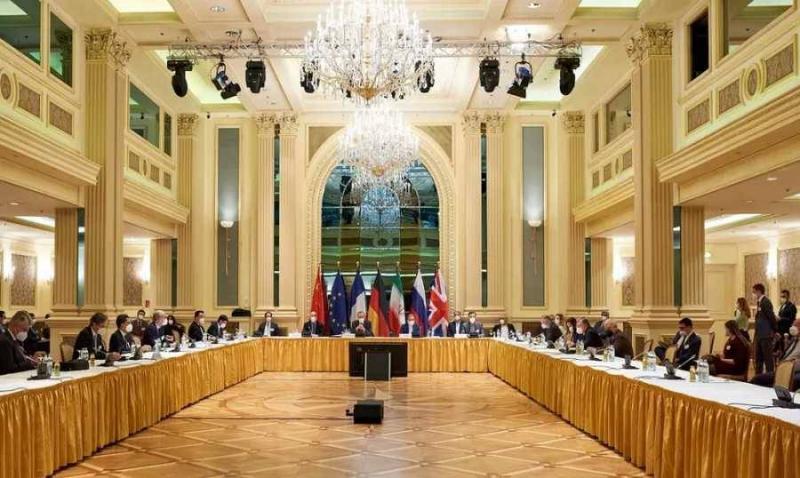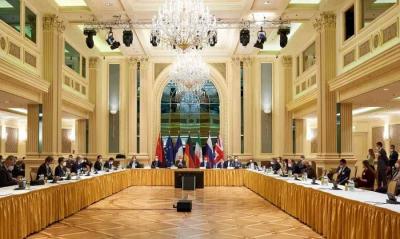Amidst the back-and-forth exchanges, the Vienna nuclear negotiations grow increasingly obscure; a level of ambiguity that heightens anxiety and fears among some involved parties about a potential uncalculated American negotiating misstep, which could turn what was supposed to be a resolution into a crisis, leading to further tensions in a region that is ready to ignite at any moment. This is particularly relevant since the options for most parties have become limited and are trending towards escalation, whether an agreement is reached or fails. One side believes that failing to sign a nuclear agreement could lead to military confrontation, while the other sees signing the agreement as potentially leading to conflict as well. In this context, negotiations and the Middle East are entering a phase of cautious anticipation, open to difficult and costly options.
So far, it does not appear that mutual concessions have allowed for the acceleration of an agreement on the agreement. Negotiations remain stuck between responses and counter-responses, and with each reply, the parties insist on a new package of concessions that seemingly touches the red lines in both countries. This may result in negotiations returning to square one, undermining the climate of optimism that surrounded the hours preceding the American response to the Iranian reply to the latest offer presented by Washington through the European mediator. However, it is clear that Washington has reached the last level of possible concessions and has provided Tehran with unsatisfactory answers to its inquiries. An American official told Politico last Thursday that "the U.S. response to Iran regarding the nuclear agreement is not in line with Tehran's expectations, and the U.S. is waiting for either Tehran to accept the reply or for pressure to continue."
In negotiations, there is a package of concessions in exchange for a package of facilitation, but thus far, the extent of American facilitation has not been clarified beyond what has been stated in Israeli criticisms. However, the extent of concessions required from Tehran remains caught between the exchanged responses and the clarifications on them. What the Director of the International Atomic Energy Agency (IAEA), Rafael Grossi, stated last Wednesday removes all doubt that the impasse has not yet been resolved; he confirmed to CNN that "Iran has not provided a convincing response regarding the traces of uranium found in three suspect locations under investigation." This indicates that Iran has not yet been able to impose its conditions and that Washington has not intervened to relieve the IAEA's pressure on Iran, insisting on completing the investigation. This clarifies that Iran has made real concessions and has not linked the continuation of negotiations to halting the IAEA investigations, contrary to what its media machinery has promoted, as the continuation of the investigation aligns more with what the U.S. National Security Agency announced: that Iran is the one making concessions on sensitive issues, not Washington.
The stalled negotiations, caught between the cost of declaring their failure and the difficulty of achieving success, have taken on an escalatory direction. It is evident that both parties have not abandoned their coarse tools outside Vienna. Washington has targeted Iranian military facilities in Syria with an air operation, while Tehran announced military maneuvers in the Arabian Gulf and the Sea of Oman with participation from 150 drones. Meanwhile, in Tel Aviv, Washington's primary ally in the region, Israeli leadership issued warnings against an uncalculated American step leading to a nuclear agreement between Iran and major powers, and expressed that it is not bound by it. Prime Minister Yair Lapid stated, "How can we sign an agreement with the Iranians that gives them one hundred billion dollars annually as a reward for violating all their commitments," and emphasized that the current text does not align with the standards set by President Joe Biden himself, promising to prevent Iran from becoming a nuclear state.
Thus, between responses and counter-responses, the level of optimism remains frozen amidst difficult questions and complex answers that those concerned may resort to resolving beyond the walls of Vienna.




